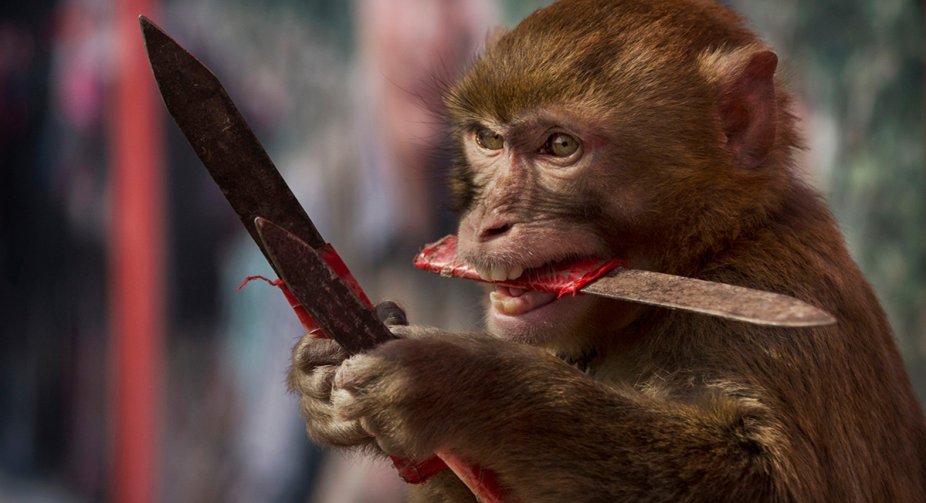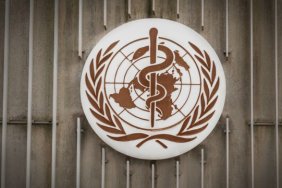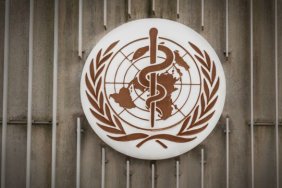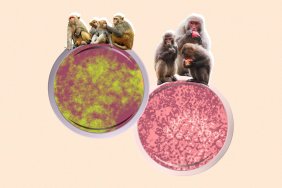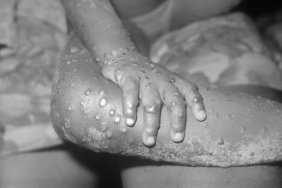Ukraine is waiting for recommendations from the WHO on how to counteract the spread of monkeypox, which is now spreading around the world. Now the situation does not look too threatening, but there are risks of mutation of the virus, said the head of the Verkhovna Rada Committee on National Health, Medical Care and Health Insurance Mikhail Radutsky.
"At the moment, the situation with the spread of monkeypox does not look too threatening, but there are risks of mutation of the virus, which could lead to more serious consequences. We are waiting for recommendations from the WHO, how to counteract the spread of monkeypox, and together with the Ministry of Health we are preparing appropriate measures," Radutsky said. on Facebook.
The head of the committee reminded that monkeypox is one of the topics actively discussed in the world media. The disease has already been compared to pandemic COVID-19.
The first case of infection was registered in 1970. The disease is similar to smallpox, but has a milder course.
Travelers returning from Africa and those who have eaten or touched the meat of wild animals are at risk. The virus can enter the body through damaged skin, respiratory tract, tears in the eyes, nose, or mouth. The incubation period lasts 6 to 16 days. A person usually develops fever, chills, headaches, muscle aches, and fatigue. Subsequently, there are characteristic rashes on the body. Most often the disease goes away on its own after two to three weeks. But in some cases, the disease runs in a severe form. Mortality ranges from 1 to 15%. Children have the hardest time with the disease.
On May 7, the first case of the disease was diagnosed in the United Kingdom: the patient had returned from Nigeria a few weeks earlier. Two weeks later, sick monkeys were found in the United States, Canada, France, Italy, Spain, Portugal, Sweden and Australia and Israel.
